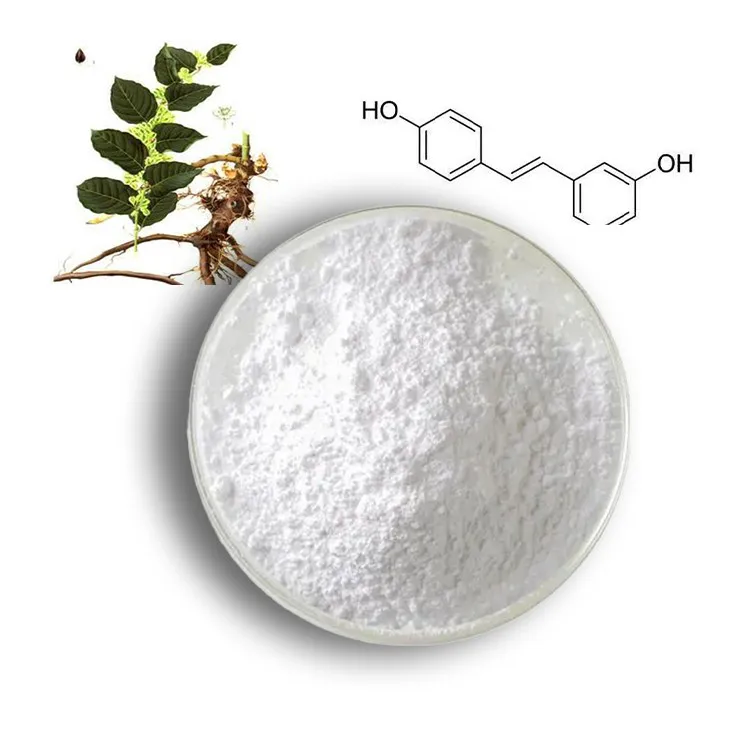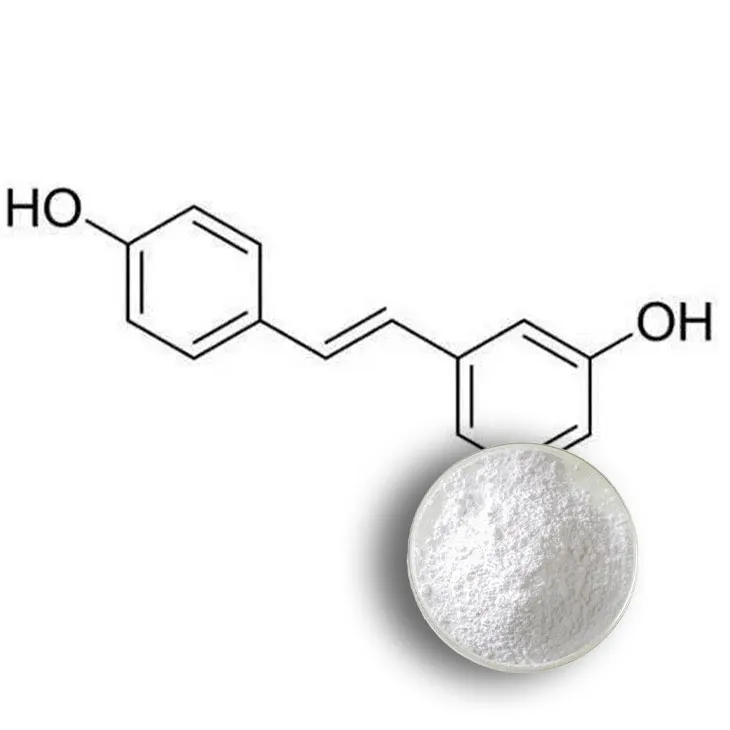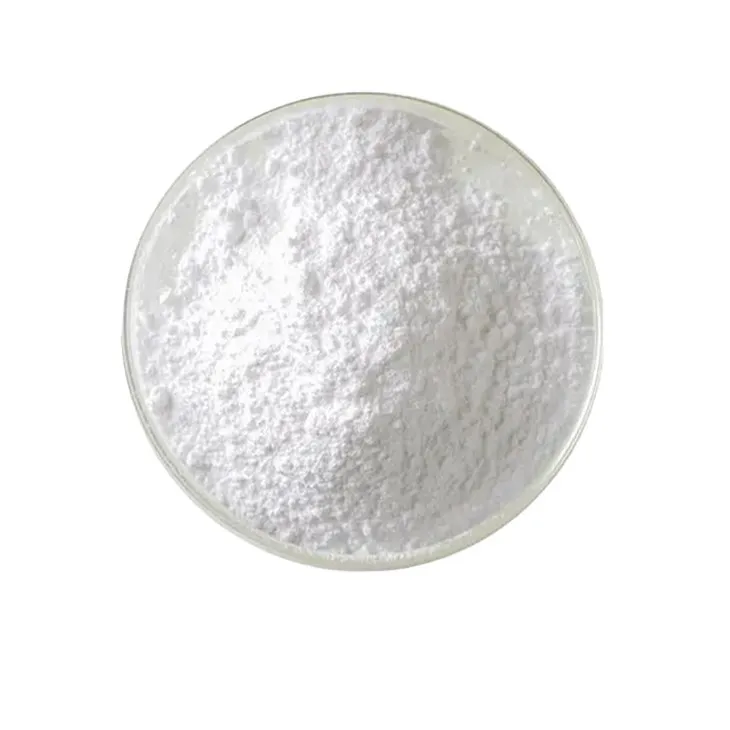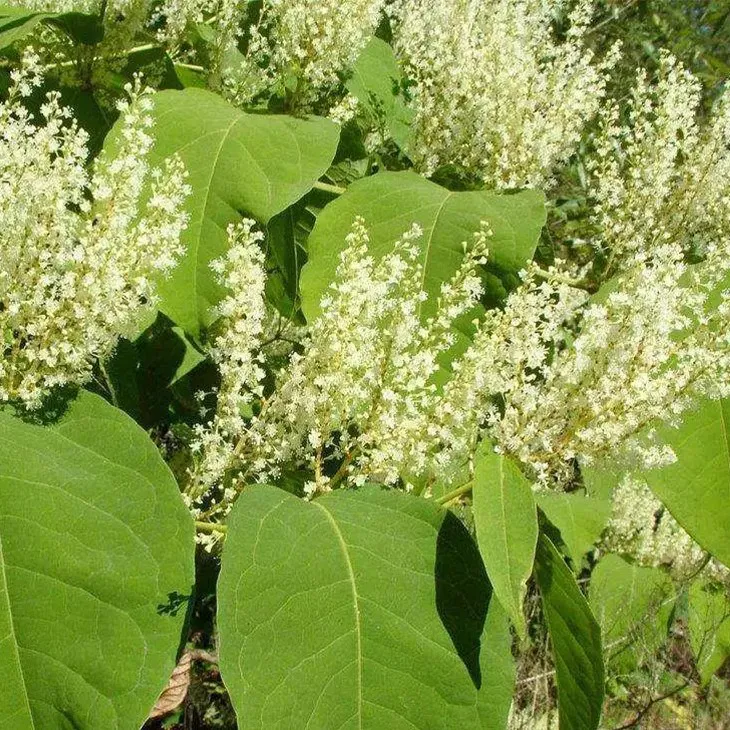- 0086-571-85302990
- sales@greenskybio.com
The Grape Pursuit: Optimizing Resveratrol Extraction for Maximum Benefit
2024-08-12

Introduction
Resveratrol has emerged as a compound of great interest in recent years due to its powerful antioxidant properties. It is found in grapes, and its potential health - promoting benefits range from anti - inflammatory effects to possible protection against certain chronic diseases. However, in order to fully harness these benefits, it is crucial to optimize the extraction process of resveratrol from grapes. This article delves into the various factors that play a role in this extraction process and explores how maximizing Resveratrol extraction can have far - reaching implications in the health and wellness market.

Resveratrol: A Brief Overview
Resveratrol, chemically known as 3,5,4'-trihydroxy - stilbene, is a phytoalexin, a type of natural antibiotic produced by plants in response to stress, such as fungal or bacterial infections. In grapes, it is predominantly found in the skins and seeds. It has been the subject of numerous scientific studies, which have suggested its role in promoting heart health by reducing LDL cholesterol levels, having anti - cancer properties through its influence on cell - cycle regulation, and its ability to combat oxidative stress by scavenging free radicals.

Factors Influencing Resveratrol extraction
Grape Variety
Different grape varieties contain varying amounts of resveratrol. For example, Pinot Noir grapes are known to have relatively high levels of resveratrol compared to some other common varieties. This is thought to be related to the thinner skins of Pinot Noir grapes, which may be more responsive to environmental stressors, leading to increased production of resveratrol. Another variety, Muscadine grapes, which are native to the southeastern United States, also contain significant amounts of resveratrol. The genetic makeup of these grapes determines their ability to synthesize and store resveratrol, making the choice of grape variety a fundamental factor in the extraction process.
Extraction Solvents
The choice of solvent is crucial for efficient Resveratrol extraction. Ethanol is one of the most commonly used solvents. It has the ability to dissolve resveratrol effectively while being relatively safe for use in food - related applications. However, the concentration of ethanol can influence the extraction yield. Higher concentrations may lead to better extraction in some cases, but they also need to be carefully controlled to ensure the safety and quality of the final product. Other solvents such as water - methanol mixtures have also been explored. Water alone is not a very effective solvent for resveratrol due to its low solubility in water. Methanol, on the other hand, can be effective but has toxicity concerns, so its use needs to be carefully regulated.
Temperature
Temperature plays a significant role in resveratrol extraction. Generally, an increase in temperature can enhance the extraction rate up to a certain point. Higher temperatures can increase the solubility of resveratrol in the solvent and also speed up the mass transfer process. However, excessive heat can also lead to the degradation of resveratrol. For example, temperatures above 60 - 70°C may start to cause significant degradation of resveratrol, reducing the overall yield of the extraction process. Therefore, finding the optimal temperature range is essential for maximizing the extraction of resveratrol.

Optimizing the Extraction Process
To optimize resveratrol extraction, a comprehensive approach that takes into account all the influencing factors is necessary. Firstly, the selection of the appropriate grape variety based on its resveratrol content is crucial. Once the grape variety is chosen, the extraction solvent needs to be carefully selected and its concentration optimized. For example, a study might find that a 50 - 70% ethanol solution gives the best extraction results for a particular grape variety. Regarding temperature, a temperature - controlled extraction process within the optimal range, say between 40 - 60°C, can be implemented. Additionally, the extraction time also needs to be considered. Longer extraction times may not necessarily lead to higher yields as the extraction may reach a saturation point, and further extraction may lead to the extraction of unwanted compounds or the degradation of resveratrol.

Enhanced Products in the Health and Wellness Market
Maximizing resveratrol extraction can lead to the development of enhanced products in the health and wellness market. Dietary supplements containing high - quality resveratrol can be formulated. These supplements can target consumers who are interested in the potential health benefits of resveratrol, such as those looking to improve their cardiovascular health or boost their immune system. In the beauty industry, resveratrol - rich extracts can be incorporated into skincare products. Resveratrol's antioxidant properties can help in reducing skin aging by combating free radicals that damage skin cells. This can lead to the development of anti - aging creams, serums, and masks that offer more effective results.
Implications for Consumers
For consumers seeking the full benefits of resveratrol, optimized extraction is of great importance. When resveratrol is extracted efficiently, consumers can expect to receive products that contain a higher concentration of the active compound. This means that they are more likely to experience the potential health - promoting effects associated with resveratrol. However, consumers also need to be aware of the quality and safety of these products. They should look for products from reputable manufacturers that adhere to strict quality control standards. In addition, consumers should be informed about the appropriate dosage of resveratrol. While resveratrol shows promise in various health aspects, excessive intake may also have potential risks, so it is essential to follow the recommended dosage guidelines.
Conclusion
The pursuit of optimizing resveratrol extraction from grapes is a multi - faceted endeavor. By carefully considering factors such as grape variety, extraction solvents, and temperature, it is possible to maximize the extraction of this valuable compound. This, in turn, has significant implications for the development of enhanced products in the health and wellness market and provides consumers with the opportunity to experience the full range of potential benefits associated with resveratrol. However, continuous research is still needed to further refine the extraction process and to fully understand the long - term effects of resveratrol consumption.
FAQ:
What are the main factors influencing resveratrol extraction from grapes?
The main factors include grape variety, extraction solvents, and temperature. Different grape varieties may have different resveratrol contents. The choice of extraction solvent can greatly affect the efficiency of extraction. For example, some solvents may have better solubility for resveratrol. Temperature also plays a role, as an appropriate temperature can enhance the extraction process while extreme temperatures may lead to degradation of resveratrol.
Why is resveratrol considered a powerful antioxidant?
Resveratrol is considered a powerful antioxidant because it has the ability to neutralize free radicals in the body. Free radicals are unstable molecules that can cause damage to cells, DNA, and proteins. Resveratrol can donate electrons to these free radicals, thereby stabilizing them and preventing them from causing oxidative stress. This antioxidant property is associated with many potential health - promoting effects.
How can maximizing resveratrol extraction benefit the health and wellness market?
Maximizing resveratrol extraction can lead to enhanced products in the health and wellness market. Higher - quality products with increased resveratrol content can be developed. These products may have stronger antioxidant effects, which can be used in dietary supplements, functional foods, and skincare products. They can attract consumers who are interested in the health - promoting properties of resveratrol, potentially increasing market competitiveness and consumer satisfaction.
What are the potential health - promoting properties of resveratrol?
Resveratrol has several potential health - promoting properties. It may have anti - inflammatory effects, which can help reduce chronic inflammation in the body. It has also been associated with cardiovascular health, potentially reducing the risk of heart disease by improving blood lipid profiles and blood vessel function. Additionally, there is some evidence suggesting that resveratrol may have anti - cancer properties, although more research is needed in this area. It may also play a role in anti - aging by protecting cells from oxidative damage.
How does the choice of extraction solvent affect resveratrol extraction?
The choice of extraction solvent affects resveratrol extraction in multiple ways. Firstly, the solubility of resveratrol in different solvents varies. Solvents with high solubility for resveratrol can extract more of it from grapes. Secondly, the chemical properties of the solvent can interact with other components in the grape. Some solvents may be more selective in extracting resveratrol without co - extracting unwanted substances. Moreover, the toxicity and safety of the solvent are also important considerations, as a safe solvent is preferred for products in the health and wellness market.
Related literature
- Resveratrol: A Review of Its Anti - cancer Effects"
- "The Role of Resveratrol in Cardiovascular Health"
- "Optimizing Extraction of Bioactive Compounds from Grapes: Focus on Resveratrol"
- ▶ Hesperidin
- ▶ citrus bioflavonoids
- ▶ plant extract
- ▶ lycopene
- ▶ Diosmin
- ▶ Grape seed extract
- ▶ Sea buckthorn Juice Powder
- ▶ Beetroot powder
- ▶ Hops Extract
- ▶ Artichoke Extract
- ▶ Reishi mushroom extract
- ▶ Astaxanthin
- ▶ Green Tea Extract
- ▶ Curcumin Extract
- ▶ Horse Chestnut Extract
- ▶ Other Problems
- ▶ Boswellia Serrata Extract
- ▶ Resveratrol Extract
- ▶ Marigold Extract
- ▶ Grape Leaf Extract
- ▶ blog3
- ▶ blog4
- ▶ blog5
-
Ivy Extract
2024-08-12
-
Red Date Extract
2024-08-12
-
Shikone Extract
2024-08-12
-
Panax Ginseng Leaf Extract
2024-08-12
-
Chasteberry Extract
2024-08-12
-
Boswellia Serrata Extract
2024-08-12
-
Citrus Aurantii Extract
2024-08-12
-
Dan Shen Root Extract/Salvia Root Extract
2024-08-12
-
Buckthorn bark extract
2024-08-12
-
Nettle Root Extract
2024-08-12





















